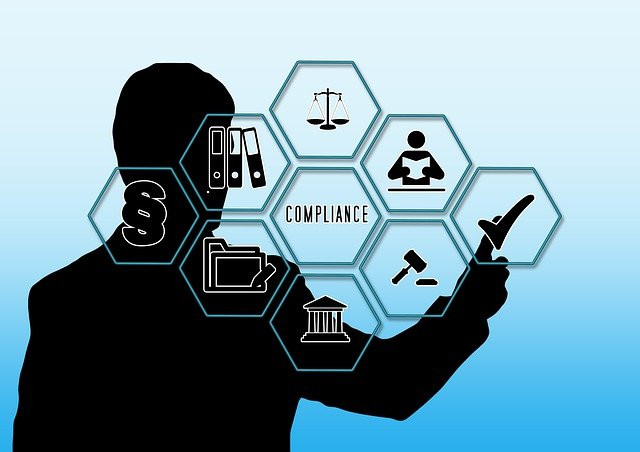Despite what detractors say, regulations are in place for good reason. They typically protect individuals from organizational malfeasance. Many of these regulations are actual laws passed by a governing body and cover the entire spectrum of the issue, not just the data involved. The ones that have data protection regulations written into them mostly deal with the handling and protection of sensitive information. For organizations that work in industries covered by these regulations there are very visible costs that go into compliance. Today, we look at the costs incurred by these organizations as a result of these regulations, and how to ascertain how they affect your business.
Apex Technology Blog
Profitability is less the measure of being able to turn a profit, and more the measure of how much profit you can make. For the successful small business, the integration of technology can dictate what kind of annual margins you are looking at. For the new company, however, it can be something even more critical: the difference between setting a course for success, or wallowing in failure. Today we analyze the cost difference between hosting your IT in-house, or choosing to host it in the cloud.
The late American author Kurt Vonnegut once wrote, “New knowledge is the most valuable commodity on earth. The more truth we have to work with, the richer we become.” Written in the 20th century, it has been put in practice by 21st century businesses. As the Internet has grown, the amount of companies expanded, and the amount of data that those companies collect has grown exponentially, especially now that there is a market for such data.
The COVID-19 pandemic took a toll on multiple areas of the American economy, but the shift to remote work opened the door for a veritable bloodbath in the realm of cybersecurity. Despite cybersecurity spending exceeding $126B worldwide, the industry trends in 2020 of accelerated data breaches, phishing attacks, and ransomware attacks is anticipated to lead to more than $6 trillion in damages in 2021.
As data collection by businesses becomes more prevalent and complex, so too do the legislative and legal policies relating to the protection of that data. This goes for if your business operates in the health industry and has to comply with HIPAA, or you handle large amounts of international clients and need to ensure your data collection methods are compliant with the European Union’s GDPR requirements, or any other number of legal and legislative requirements that might exist for your business at the local, state, federal, and international levels. Ensuring compliance saves your organization money and reputation over time, but can be a daunting and complicated process.














